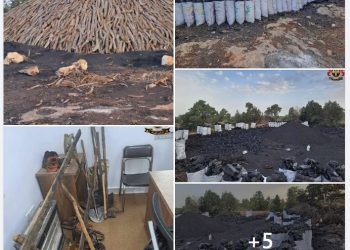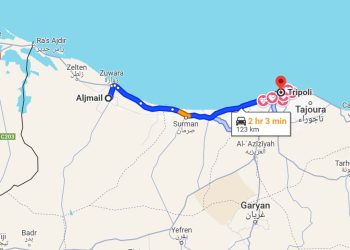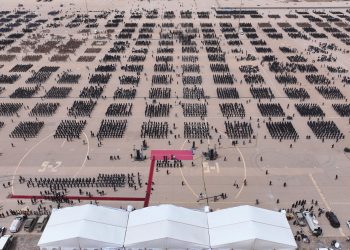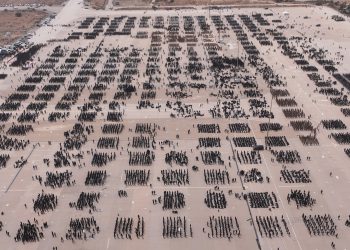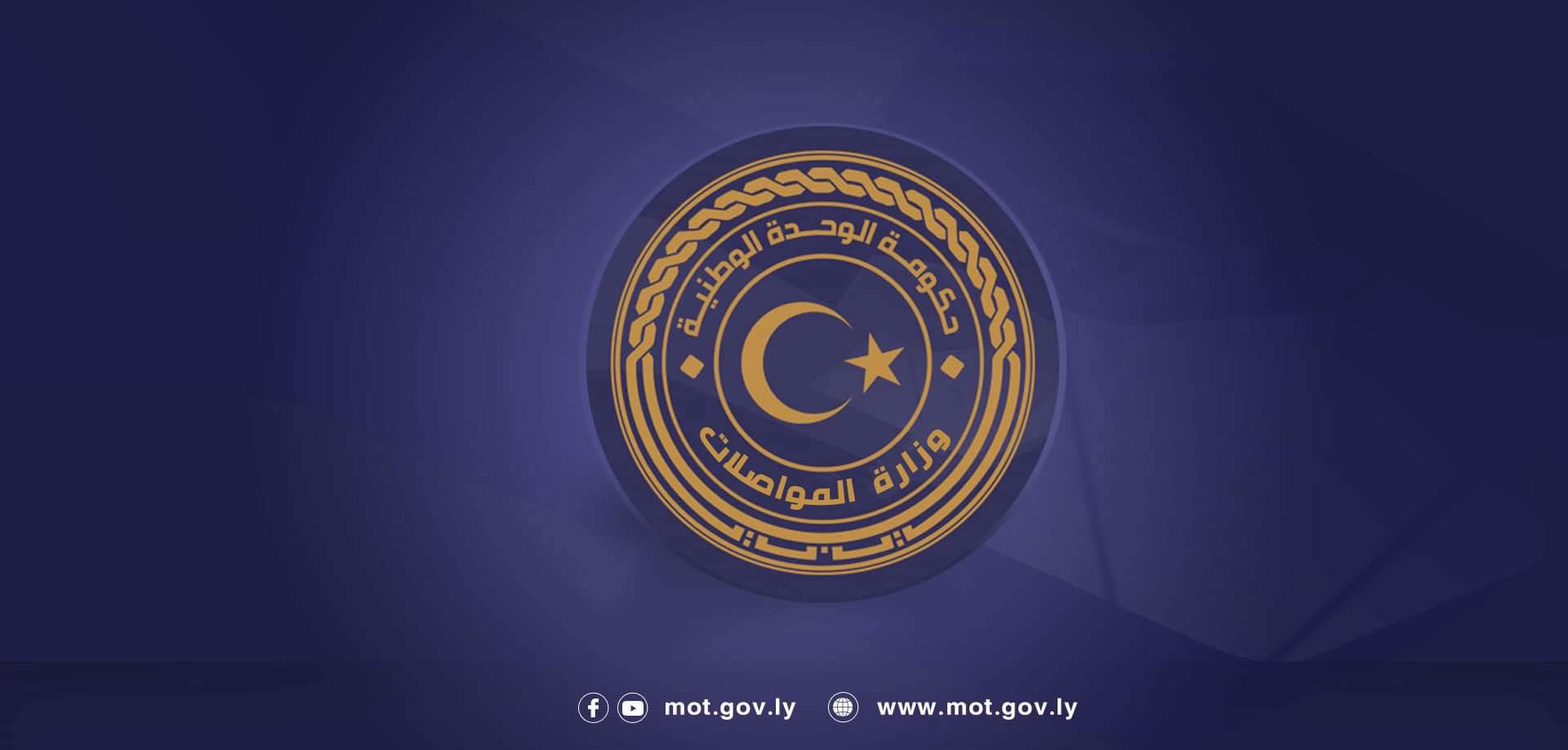By Sami Zaptia.
Tripoli, 17 January 2014:
Commenting during Tuesday’s (14 January) press conference on the assassination the previous Sunday of the . . .[restrict]Deputy Minister of Industry in Sirte, Prime Minister Ali Zeidan said that “the assassination has a clear message to all Libyans who do not appreciate the nature of the stage in which Libya finds itself in – a stage of challenge.
Libya after the revolution and after the end (collapse) of the state and the army and police is in a state of real exhaustion.”
“We have not been able to succeed at all until now in the matter of security”, he admitted. “Assassinations and bombings are still continuing”, he added. However, he blamed this squarely on the stage in which Libya finds itself in.
This blame “goes back to the revolution and to the proliferation of weapons and explosives everywhere. Those who cannot deal with or handle these weapons with responsibility are creating illegal killing machines everywhere. I do not think that there is legal justification except by legal order”.
“The public must be aware of this dangerous stage Libya is in. A stage that will have long term effects on the present and on the future of the nation. What is needed now is the restrain in the use of weapons and the prevention of its use and warning to all who want to create insecurity “.
Explaining his government’s efforts to improve security and the steps that they had taken, Zeidan revealed that his government attempted to train 20,000 in the police force, and that the head of police training had told him that they were trained and stationed in their locations but that “when we called upon them, we could not find them”.
Moreover, getting to the crux of the cause of the weakness or unwillingness of the police to remain at their posts and turn out to work, Zeidan said that the police have “a stick or at best a pistol or a rifle and when they face a thuwar/militiaman, they, the militias, are not (so lightly armed)”.
Frankly admitting the weakness of the state and the terrorizing stranglehold by the militias on the state, Zeidan went on to explain that the police “are terrorized with RPGs and the 14.5mm and the 23.5 mm (guns) and are unable to confront the situation”.
Zeidan added that he did not “envisage taking the route of bloodshed” to achieving government policy and building the state, but that this situation (of non-confrontation and non-use of force as a deterrent) is not going to continue. He added that there “may have to be bloodshed in order to preserve security”.
Prime Minister Ali Zeidan has threatened the use of force on numerous occasions in the past. He had threatened it in August against oil strikers, and he had threatened it in July, to give just two examples.
However, in reality, he has never used it. He has failed to use force as a deterrent against the thuwar/militias, demonstrators at Ministerial buildings, blockades and sieges of either the GNC or his Prime Minister’s office, oil terminals, oil fields, roads, telecoms buildings, Tripoli port and the Central Bank of Libya, to name a few.
What is not clear is whether Zeidan has ever wanted to use force but was unable to or was prevented from doing so by the GNC. It is also not clear if in reality the regular Libyan state security forces are too weak to confront the various opponents.
What is clear, is that the constant threat to use force and the subsequent failure to use it loses the government and Zeidan credibility and enhances the perception that he and his government are indeed weak.
Indeed, it could be argued that the constant failure to use force, following the threat of its use is probably worse than not having issued the threat in the first place.
This perception of weakness of the Zeidan government serves only to strengthen the Libyan government’s opponents and gives them further courage to embark on actions against the state, in the full knowledge that they will suffer no consequences.
In view of this, it is questionable whether Ibrahim Jadran and his followers blockading Libya’s oil ports or any other forces confronting the government and the GNC are taking any notice of Zeidan’s threat of use of force. [/restrict]


